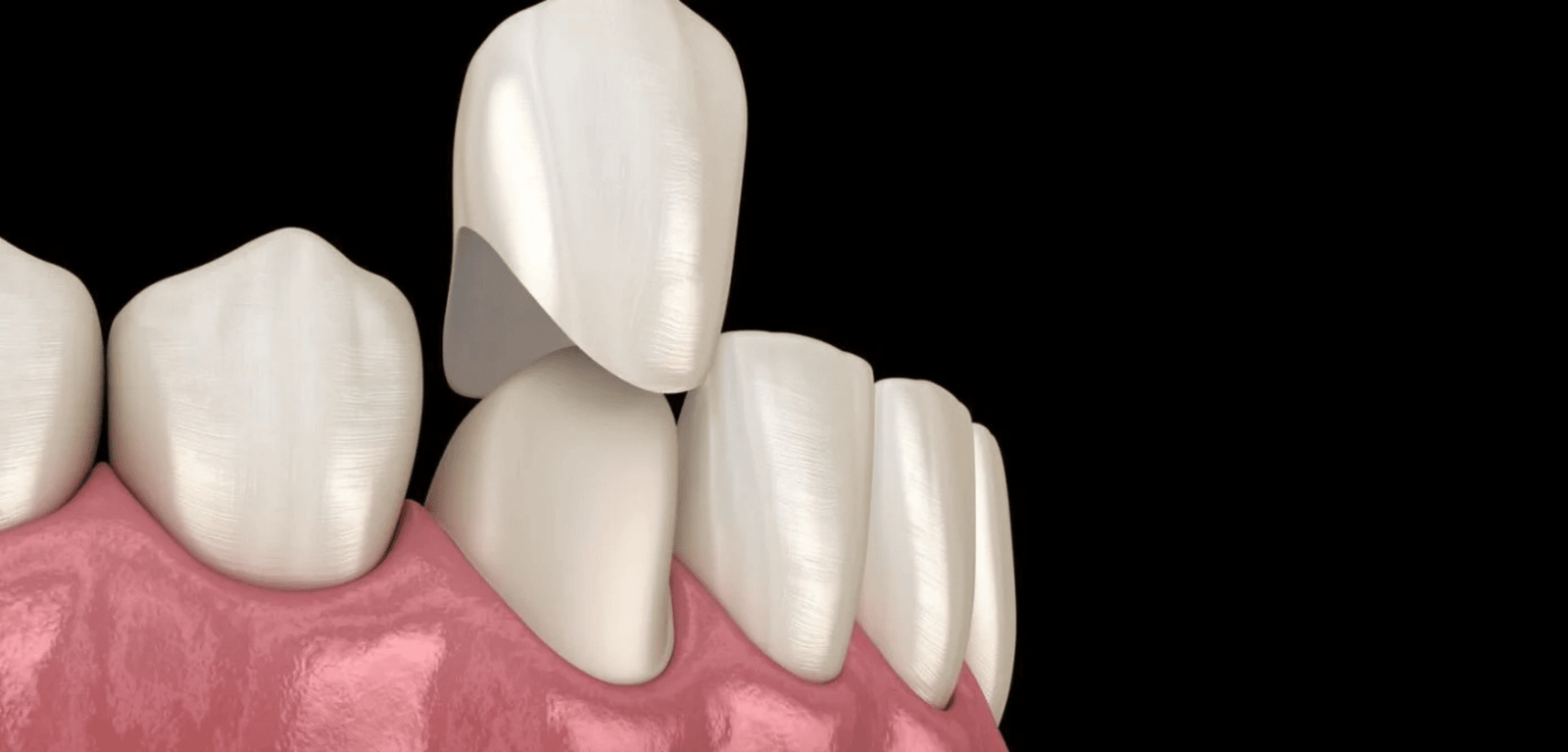What is a Porcelain Crown? Advantages, Disadvantages
What is a Porcelain Crown?
A porcelain crown is a type of dental restoration designed to fully cover a damaged or weakened tooth, restoring its shape, size, strength, and appearance.
Made entirely from porcelain, it offers a natural look that closely matches the color and translucency of real teeth, making it especially suitable for front teeth.
Advantages of Porcelain Crowns
- Highly Aesthetic – Mimics the color, shape, and light reflection of natural teeth.
- Metal-Free – Suitable for patients with metal allergies.
- Stain Resistant – Porcelain is resistant to most staining agents.
- Biocompatible – Gentle on gums and oral tissues.
- Customizable– Can be shaped and colored to match surrounding teeth.
Disadvantages of Porcelain Crowns
- Less Durable than Metal-Ceramic: May chip or crack under excessive force.
- Higher Cost: More expensive than traditional crowns.
- Requires Tooth Reduction: A certain amount of tooth structure must be removed for fitting.
When Are Porcelain Crowns Used?
- To restore broken, cracked, or severely worn teeth
- To cover discolored or misshaped teeth
- To protect a tooth after root canal treatment
- To replace old crowns for better aesthetics
Procedure Steps
- Examination & Preparation – Tooth shaping and impression taking.,
- Temporary Crown – Placed while the permanent crown is being made.
- Final Placement – Permanent porcelain crown is cemented in place.
Conclusion
Porcelain crowns are an excellent choice for patients seeking natural-looking dental restorations that enhance both function and aesthetics.
With proper care, they can last for many years while maintaining their beauty.
FAQ – Porcelain Crowns
- What is a porcelain crown?
A porcelain crown is a tooth-shaped cap made entirely of porcelain to restore the appearance and function of a damaged tooth. - Are porcelain crowns strong?
Yes, they are durable, but they may be less strong than metal-based crowns under heavy biting forces. - Do porcelain crowns look natural?
Yes, they closely mimic the color, shape, and translucency of natural teeth. - Are porcelain crowns suitable for front teeth?
Yes, their natural appearance makes them ideal for front teeth restorations. - Can porcelain crowns be used on back teeth?
They can, but for heavy chewing areas, reinforced porcelain or zirconia may be preferred. - Are porcelain crowns safe for people with metal allergies?
Yes, they are 100% metal-free and biocompatible. - How long do porcelain crowns last?
With good oral hygiene, they can last 10–15 years or more. - Can porcelain crowns stain over time?
They are highly stain-resistant, but maintaining good oral hygiene is important. - Do porcelain crowns require special care?
No, just regular brushing, flossing, and dental check-ups. - Can a porcelain crown chip or break?
Yes, like natural teeth, they can chip under excessive pressure. - What is the process of getting a porcelain crown?
It usually involves tooth preparation, impressions, and fitting the custom-made crown. - Is getting a porcelain crown painful?
The procedure is generally painless thanks to local anesthesia. - Can porcelain crowns be replaced?
Yes, they can be replaced if damaged or if aesthetics need improvement. - Do porcelain crowns affect speech?
No, they feel and function like natural teeth. - Are porcelain crowns permanent?
They are long-term restorations but may eventually need replacement. - Can you whiten porcelain crowns?
No, whitening treatments do not change their color. - Do porcelain crowns feel different from natural teeth?
After a short adjustment period, they feel very similar to natural teeth. - Can porcelain crowns be used after a root canal?
Yes, they are often used to protect and restore root canal-treated teeth. - Are porcelain crowns suitable for children?
They are rarely used for children unless in special dental cases. - Can porcelain crowns be combined with other dental treatments?
Yes, they can be part of smile makeovers, bridges, and implant restorations.






